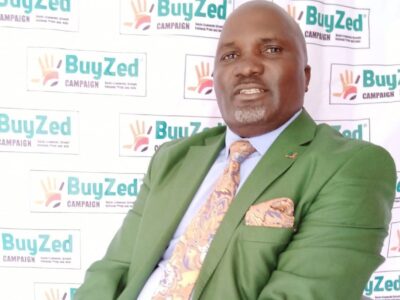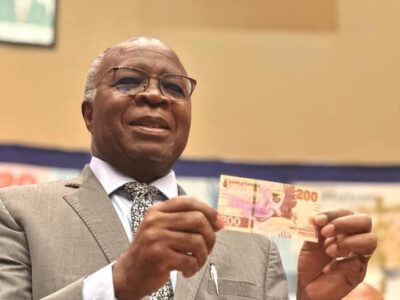The United Nations Economic Commission for Africa (UNECA) has revealed that Africa requires an estimated US$200 billion to US$1.3 trillion annually to achieve the Sustainable Development Goals (SDGs) by 2030.
UNECA Executive-Secretary and Under-Secretary-General, Clever Gatete, stated the urgency of reforming the global financial architecture to bridge this gap.
Speaking at the opening of the Regional Consultation for the Fourth International Conference on Financing for Development in Africa in Addis Ababa, Ethiopia, Gatete stressed that these reforms are crucial for Africa’s progress.
“The annual financing gap required to achieve the Sustainable Development Goals (SDGs) in Africa ranges from US$200 billion to US$1.3 trillion,” he said, according to a press statement issued in Lusaka on Tuesday by Inutu Mwanza, Zambia’s First Secretary for Press and Tourism at the Zambian Mission in Addis Ababa.
Gatete urged African nations to re-evaluate the effectiveness of tax incentives granted to investors, ensuring they yield benefits for the broader population rather than select sectors.
Albert Muchanga, African Union (AU) Commissioner for Trade and Industry, echoed the call for reforms, urging member states to enhance domestic resource mobilization by broadening tax bases.
“With the decline in concessional loans, African nations must focus on mobilizing resources locally,” Muchanga said, advocating for the operationalization of the African Credit Rating Agency to reduce borrowing costs.

Read More: UNECA: Committee outlines key issues to tackle poverty, boost trade, investments
Zambia’s Permanent Representative to the United Nations, Dr. Chola Milambo, who co-facilitates the Preparatory Committee for the Fourth International Conference on Financing for Development in Africa, stressed that finance is the cornerstone of development.
“Africa must develop mechanisms to ensure that financing is not only available but sustainable, as this is essential for the long-term success of our development goals,” Milambo said, calling for a stronger approach to sustainable finance to unlock the continent’s development potential.
He expressed optimism that the Fourth International Conference on Financing for Development, scheduled for July 2025, would result in increased financing for Africa and more favorable financial conditions.
Ethiopia’s Finance Minister, Shide Ahmed, and Zambia’s Ambassador to Ethiopia, Rose Sakala, were also among the key speakers at the consultation.
The meeting is expected to produce strategic recommendations for sustainable financing in Africa, guiding discussions at next year’s international development conference.
WARNING! All rights reserved. This material, and other digital content on this website, may not be reproduced, published, broadcast, rewritten or redistributed in whole or in part without prior express permission from ZAMBIA MONITOR.












Comments